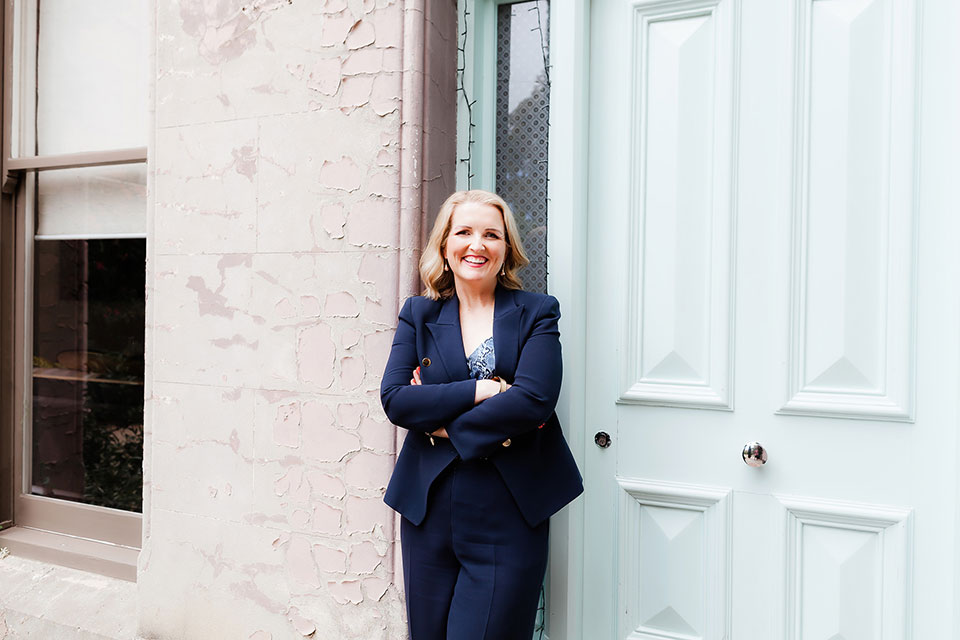Putting the ‘we’ before the ‘me.’

Would you prefer to work alone or as part of a team? It’s a question people are often asked in a job interview. How a person answers that question isn’t solely determined by whether they classify themselves as an introvert or an extrovert. For many people, the answer will vary and depend on context and circumstances. Some days they may want to work alone, and other days they want to work collectively – as part of a team.
Belonging motivates
What is common, however, is that as tribal creatures, we are genetically wired to be part of a group. Feeling excluded and not feeling like you belong impacts not only your self-esteem but your mental health and well-being.
Belonging is critical, and being part of a healthy and engaged team is good for us – motivating us to go beyond what we think is possible.
Professor of Psychology at Northeastern University, David DeSteno, recounts in his book, Emotional Success, how being part of a team – even a team made up of strangers – can lead people to persevere longer than when they weren’t part of a team. He explained the results of a study by Stanford psychologists, Gregory Walton and Geoffrey Cohen, who examined how being part of a team impacted perseverance for students.
“Knowing they (the students) were part of something – having a goal that they knew was shared by a group and to which they could contribute and be valued – pushed people to work hard and resist immediate pleasures”, David wrote.
Achieving together
Often, it is when we come together that we achieve extraordinary things. Throughout my corporate career and in the work I do now, I’ve frequently seen how ideas by one person, are improved by another and how it is when we are in a group that our best ideas are generated, debated and achieved.
Curiously though, organisations typically reward people as individuals, and reward and recognition schemes often focus on rewarding the individual over the group and their collective team achievements.
Fairness matters
It’s a problem of fairness. On one side of the debate is the question of how you can be fair if people do not contribute equally to the results. Conversely, reward and recognition schemes are highly subjective, and the outcomes can negatively impact team dynamics, cooperation and collegiality when individual rewards appear unfairly allocated.
If a person believes they work harder than someone else, and yet they are rewarded less, they will likely be unhappy. While we would commonly see this as fairness, in research terms, it is known as equity theory.
As Furnham and Taylor, in their book Bad Apples: Identify, Prevent and Manage Negative Behaviour at Work write: “Equity theory is concerned with outcomes and inputs as they are perceived by the people involved, not as they actually are”.
What happens in practice is that the greater the perceived inequity, the greater the motivator for the person to try and find a way to restore the balance. How they do this will vary, but it can lead to an employee being less productive, taking more sick leave or committing fraud as the person tries to find a way to fix the inequity.
Leadership is key
As a leader, you play a crucial role in treating each team member fairly, and consequently, balancing the focus on the ‘we’ and the ‘me’.
Sure, different people want to be recognised in various ways; but what’s common is people want to be valued and appreciated for what they do, and for that recognition to be genuine and fair.
As well, more often than not, the gestures that make the most significant difference and have the most impact are sincere and heartfelt. A simple ‘thank you’ can go a long way – both individually and collectively.
So, take the time to understand how your team wants to celebrate and recognise success. Focus on efforts that bond the group, rather than divide the team, because what we can achieve together is so much greater than what we can achieve alone. It’s worth remembering the words of NBA legend, Michael Jordan, who said: “Talent wins games, but teamwork and intelligence win championships”.
Written by Michelle Gibbings.
Bring the best of the CEOWORLD magazine's global journalism to audiences in the United States and around the world. - Add CEOWORLD magazine to your Google News feed.
Follow CEOWORLD magazine headlines on: Google News, LinkedIn, Twitter, and Facebook.
Copyright 2025 The CEOWORLD magazine. All rights reserved. This material (and any extract from it) must not be copied, redistributed or placed on any website, without CEOWORLD magazine' prior written consent. For media queries, please contact: info@ceoworld.biz








